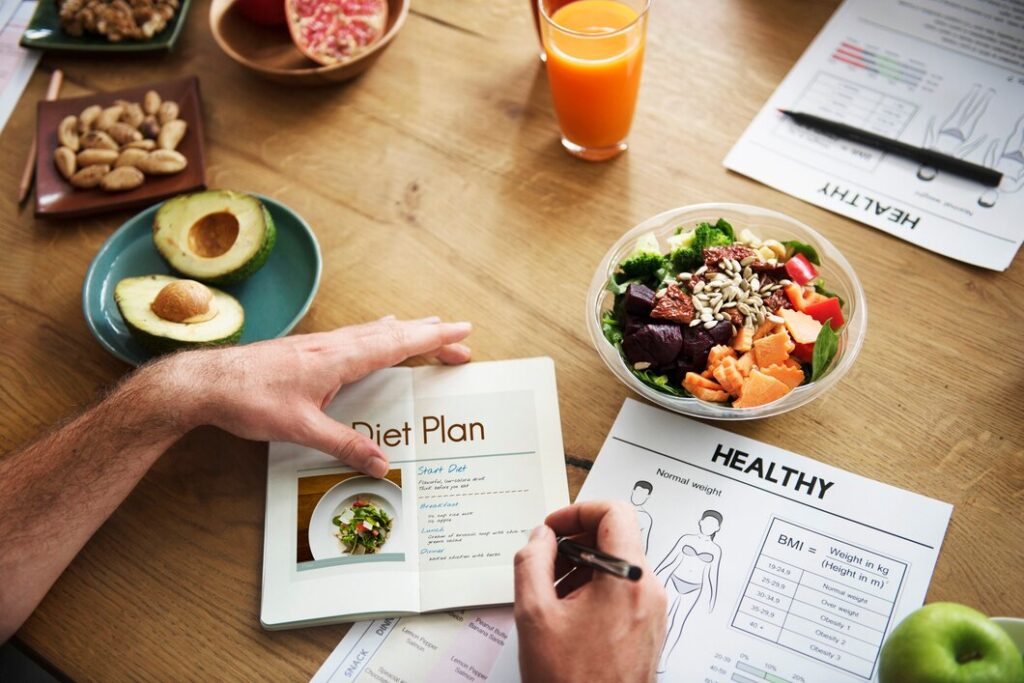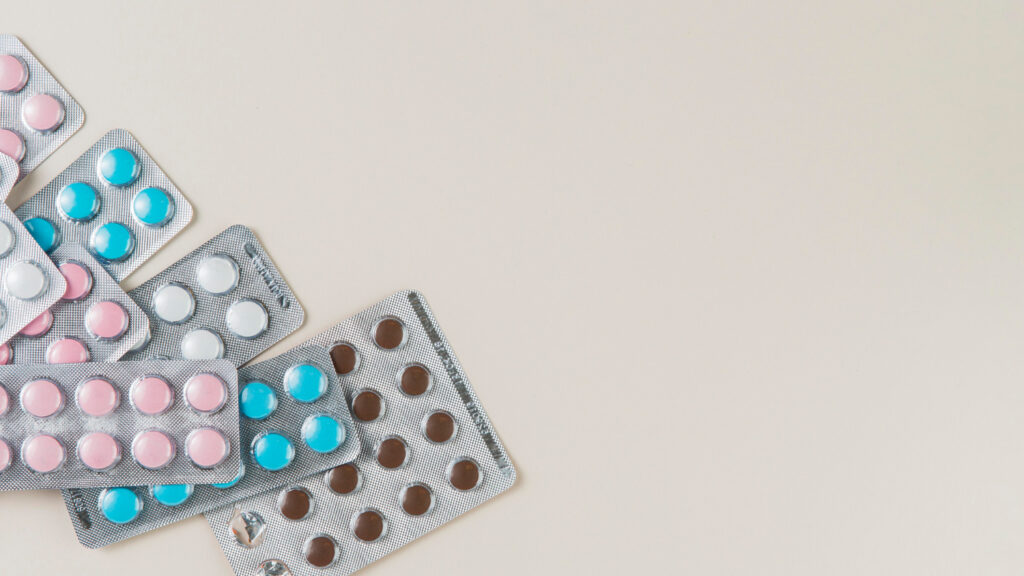Enlarged prostate Diet – Diet for BPH

Overview:
Living with an enlarged prostate, also known as benign prostatic hyperplasia (BPH), can pose challenges, but adopting a prostate-friendly diet can play a pivotal role in alleviating symptoms and promoting overall prostate health. Let’s explore how dietary choices can make a difference in managing this condition.
Importance of Diet in BPH:
Maintaining a balanced and nutritious diet is crucial for managing BPH and supporting prostate health. Dietary factors can influence prostate size, urinary symptoms, and inflammation, making dietary modifications an essential component of BPH management.
How Diet Can Be Beneficial?
A prostate-friendly diet focuses on incorporating foods rich in nutrients that support prostate health, while minimizing intake of substances that may exacerbate BPH symptoms. By making strategic dietary choices, individuals can potentially reduce inflammation, alleviate urinary symptoms, and improve overall quality of life.
What Foods Are Good for Enlarged Prostate?
- Fruits and Vegetables: Incorporate a variety of colorful fruits and vegetables rich in vitamins, minerals, and antioxidants. Examples include tomatoes, berries, citrus fruits, leafy greens, and cruciferous vegetables like broccoli and cauliflower.
- Healthy Fats: Choose sources of healthy fats, such as those found in fatty fish (salmon, mackerel), nuts, seeds, and olive oil. Omega-3 fatty acids have anti-inflammatory properties and may help reduce prostate inflammation.
- Plant-Based Proteins: Opt for plant-based protein sources like legumes, tofu, and tempeh, which are low in saturated fat and may have protective effects on prostate health.
- Whole Grains: Include whole grains such as brown rice, quinoa, oats, and whole wheat bread in your diet. Whole grains are rich in fiber, which promotes bowel regularity and may reduce the risk of BPH-related urinary symptoms.
- Herbal Teas: Enjoy herbal teas like green tea and saw palmetto tea, which have been associated with potential benefits for prostate health.
What Foods to Avoid?
- Highly Processed Foods: Minimize consumption of processed foods high in refined sugars, unhealthy fats, and additives, as they may contribute to inflammation and worsen BPH symptoms.
- Red Meat and High-Fat Dairy: Limit intake of red meat and high-fat dairy products, as they may increase inflammation and exacerbate urinary symptoms associated with BPH.
- Caffeine and Alcohol: Reduce consumption of caffeine and alcohol, as they can irritate the bladder and worsen urinary symptoms such as frequency and urgency.
- Spicy Foods: Avoid spicy foods and condiments that may irritate the bladder and exacerbate urinary discomfort.
Other Health Benefits of This Diet:
In addition to supporting prostate health, adopting a diet rich in fruits, vegetables, lean proteins, and healthy fats offers numerous other health benefits. Such a diet can help maintain a healthy weight, reduce the risk of chronic diseases such as heart disease and diabetes, and promote overall well-being.
By making informed dietary choices and incorporating prostate-friendly foods into your meals, you can take proactive steps to manage BPH symptoms, support prostate health, and enhance your overall quality of life. Consult with a healthcare professional or a registered dietitian to develop a personalized dietary plan tailored to your specific needs and preferences.
- Is egg good for enlarged prostate?
- Eggs can be part of a prostate-friendly diet due to their protein and nutrient content, but moderation is key for individuals with an enlarged prostate (BPH) due to their cholesterol and saturated fat content. It’s best to consume eggs in moderation and focus on a balanced diet rich in fruits, vegetables, whole grains, lean proteins, and healthy fats for optimal prostate health.
- What can I drink to reduce my prostate?
- To help reduce prostate symptoms, consider drinking:
- 1. Water: Stay hydrated to promote urinary flow and flush out toxins.
- 2. Green tea: Rich in antioxidants, green tea may support prostate health.
- 3. Herbal teas: Saw palmetto and stinging nettle tea have been linked to prostate benefits.
- 4. Cranberry juice: May help alleviate urinary discomfort and promote urinary tract health.
- To help reduce prostate symptoms, consider drinking:
- Does milk help prostate?
- While milk is a good source of calcium and protein, its relationship with prostate health is not definitive. Some studies suggest that high intake of dairy products, including milk, may increase the risk of prostate cancer. However, more research is needed to understand the link between milk consumption and prostate health.
- Can an enlarged prostate go back to normal?
- An enlarged prostate, known as benign prostatic hyperplasia (BPH), cannot typically go back to its original size without medical intervention. However, certain treatments and lifestyle changes can help manage symptoms and potentially reduce the size of the prostate gland.
Read Another Article: Health Benefits of Ashwagandha

